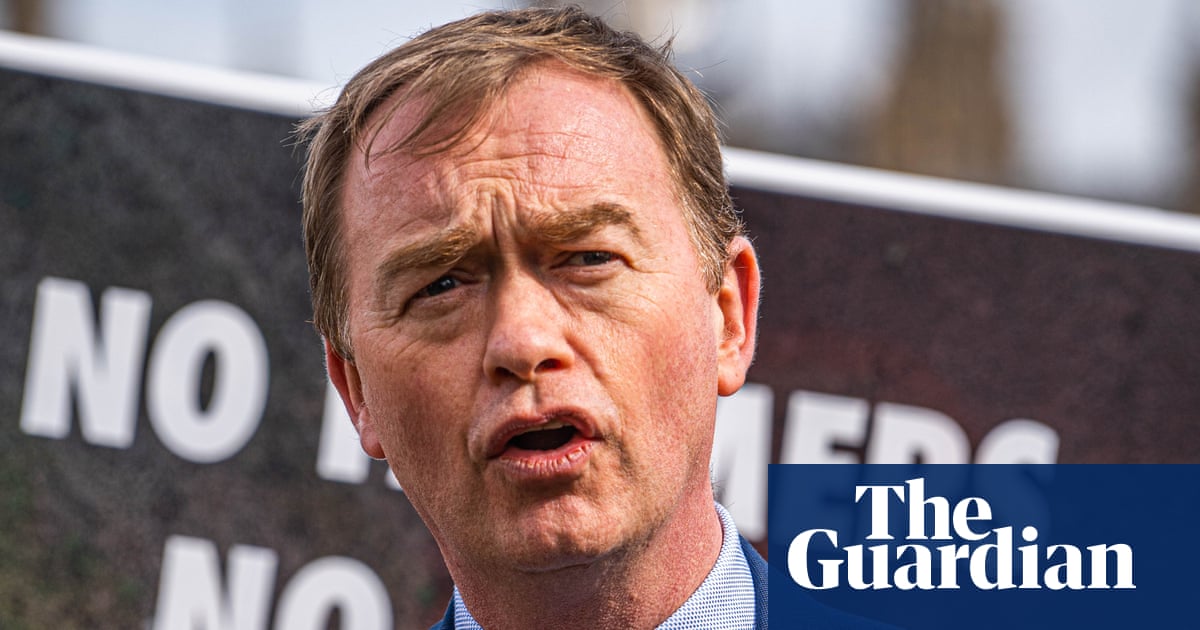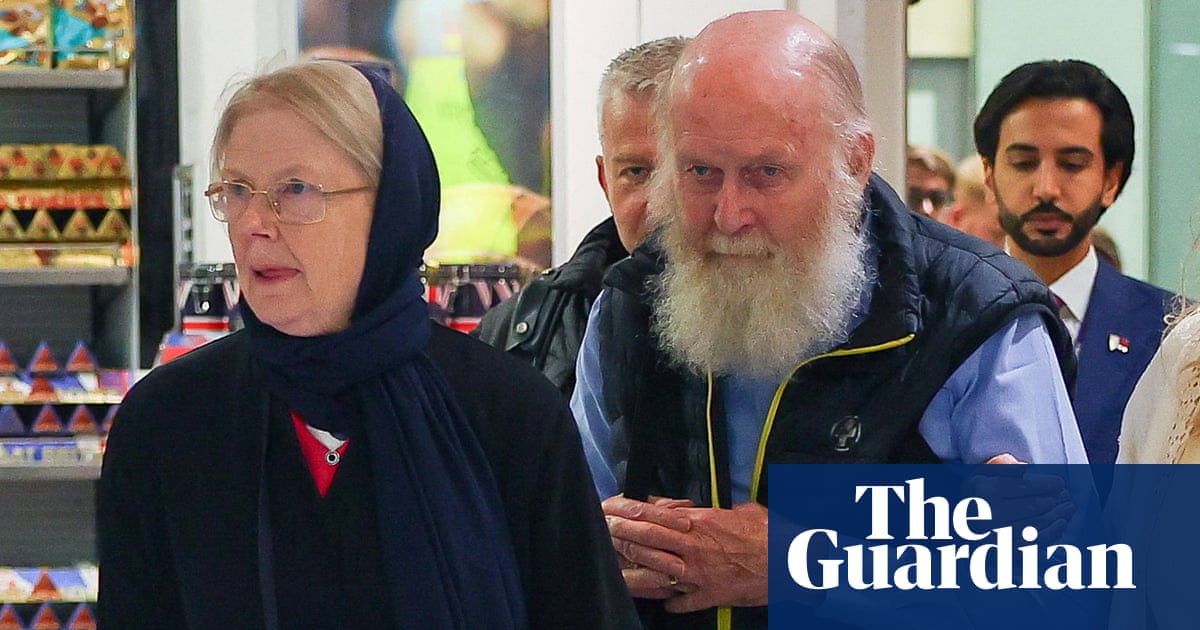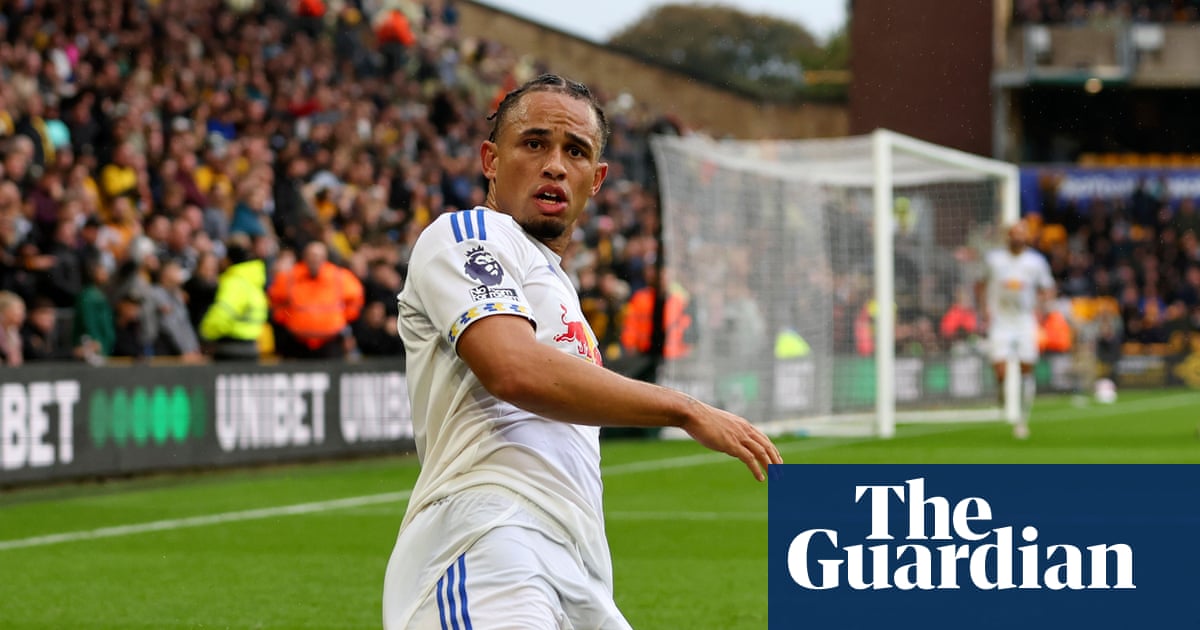It is a year since Labour’s landslide victory on 4 July 2024, with Keir Starmer promising “to end the politics of performance and return to politics as public service … it is now time for us to deliver”. After a rollercoaster week in which the prime minister suffered a large Commons rebellion and caused bond markets to spike when he appeared not to back the chancellor, Rachel Reeves, we consider his government’s record in Westminster, Whitehall and across the country.
What do voters think?
In the first year since the general election, Labour’s stock with the electorate, as measured by opinion polls, has fallen considerably. After a honeymoon period, during which few polls were conducted, the party’s polling has steadily declined. Then came a very strong Reform performance in the 1 May elections, in which Nigel Farage’s party took more than 600 council seats, and won a mayoralty and a byelection. Since then, Reform has continued to surge in the polls, while Labour has languished.
What has Labour been doing in Westminster?
The most high-profile piece of legislation in this parliament so far has probably been the terminally ill adults (end of life) bill, but that was not a manifesto commitment and was put forward as a private member’s bill, without party whipping. The government has laid 28 bills in this session of parliament. Many of its pledges rely in part on passing this tranche of legislation: the commitment to reduce the number of people arriving in small boats is targeted with stronger sentences for people smugglers in the asylum bill, and the promise of more housing is bound up in an overhaul of planning rules.
The table below shows all the government bills in this session. To become law, proposed legislation has to pass three readings in both Houses of Parliament. There are numerous stages at which amendments may be made and voted upon, chiefly between the second and third readings, during the committee stage. When a bill has passed through a third reading in both Houses it is returned to the first (where it started) for any amendments made by the second to be considered. If MPs do not accept amendments made by peers, or vice versa, the bill can “ping-pong” between the Houses until consensus on the exact wording is reached. After that, the bill receives “royal assent” and becomes law.
What do the markets think?
After Starmer failed to voice strong support for Reeves at prime minister’s questions on Wednesday, yields – in effect the interest rate – on UK bonds rose sharply, which was interpreted as concern in the markets that the chancellor might not stay in the job, and the government’s record for financial discipline be undermined. This was all the more surprising since the markets had barely reacted the previous day when the welfare bill was amended to substantially reduce its financial impact. Over the past year, the bond markets’ response to Labour’s administration has been fairly stable, although it is also true that they are lending to this government at higher interest rates than they did to Rishi Sunak’s. And despite a heated afternoon on Wednesday, there has not been a repeat of the wild swings of Liz Truss’s and Kwasi Kwarteng’s time in Downing Street.
Is Labour balancing the books?
The attitude of the bond markets is possibly explained by the struggle led by Reeves to retain a grip on the national finances. With greater spending on public sector wages, and uncertainty about improved tax receipts from growth, the government has so far struggled to keep the lid on. Whether it can continue, especially after the savings expected from the universal credit bill were slashed by this week’s rebellion, and without raising taxes, remains to be seen.
What about immigration and asylum?
The picture here is mixed; overall international migration is down, and the government is having some success at continuing an effort under the last Tory administration to reduce the backlog in asylum applications.
after newsletter promotion
On the other hand, the number of people arriving in the UK on small boats is at a record high, with more than a thousand arriving in a single day on some days.
Will Labour fix the NHS?
Nearly a year into the term, it was only this week that the government unveiled its 10-year plan for the NHS, based on a move to local health centres, better use of technology and a focus on prevention. In the interim, it has signed off improved pay for NHS staff and abolished NHS England. But at a day-to-day level, the health service seems to be continuing a trend of slight improvement that began under Sunak.
What is it doing to help the poorest?
The government is under pressure from campaigners and its own MPs not to balance the books at the expense of Britain’s most vulnerable people. It has postponed its child poverty strategy and just this week narrowly saw off defeat on its universal credit bill. But as the Resolution Foundation thinktank has pointed out, child poverty is rising while the government prevaricates, and abolishing the two-child benefit cap would greatly reduce the number of children living in poverty.

 2 months ago
73
2 months ago
73

















































